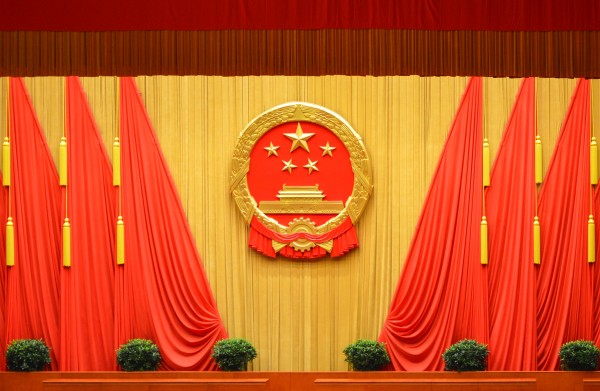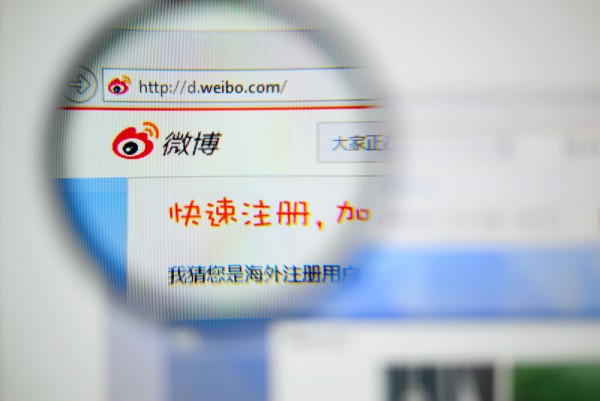His Excellency Hu Jintao
President
Beijing
People’s Republic of China
Vienna, 22 April 2003
Your Excellency,
The International Press Institute (IPI), the global network of editors, leading journalists and media executives from over 115 countries, is writing to express its firm belief that the culture of silence in China, including a deeply prejudicial media environment, has played a significant role in the failure of the Chinese government to provide accurate data on the spread of Severe Acute Respiratory Syndrome (SARS).
According to information provided to IPI, on 20 April, the Minister of Health, who had claimed that SARS was under control, and the Mayor of Beijing, who had said the city was safe from the virus, were dismissed from their positions in a belated recognition that such officials were obscuring the true picture of SARS. Government officials have also admitted that the figures for the spread of the disease were also considerably higher than those initially released to the World Health Organization (WHO) and the rest of the world.
The dismissals and acknowledgements follow months of obfuscation by the Chinese central government, which has told Chinese journalists not to write about the subject, failed to formulate a proper health-awareness-programme for its citizens and doctors, and initially prevented members of WHO from visiting the suspected source of SARS in the Guangdong region. As a result of the dilatory behaviour of the Chinese central government, the fight against the disease has been slowed.
In the opinion of IPI, the actions of the Chinese central government are representative of a political and social system that places a higher premium on the maintenance of secrecy than it does on the lives and safety of its own citizens. Indeed, it appears that when confronted by a crisis that calls for the free flow of information, the first inclination of the Chinese central government is to merely conceal this information, even when aware of its crucial importance. In doing so, the government is showing that it believes that the free availability of information is more damaging than any possible crises.
The decision to view information itself as dangerous has had a divisive effect on Chinese society and represents a serious impediment to any concerted response to a crisis such as SARS. Because of this approach people’s lives have been endangered and it also reveals the true nature of a government that refuses to accept the benefits arising from an open and transparent society.
Moreover, it is a lesson that the Chinese central government should have learned from the deaths of millions due to starvation in the period 1958-1961. Speaking at IPI’s 50th World Congress in New Delhi in 2001, economist and Nobel Laureate Amartya Sen commented that the starvation was the result of an overestimation of food grain caused by the inflated estimates of local officials who, while they knew they had failed to meet their own grain quotas, believed that other regions had met their targets.
According to Sen, the crisis arose because “People were kept in the dark about the crisis… and the mortality and [because] no newspaper was allowed [to report].” The impact of the censorship, at the time, also led Chairman Mao to say, “Without democracy, you have no understanding of what is happening down below; the situation will be unclear… .” However, this experience, especially the failure of a censored media to expose the deception of local officials, has not convinced the Chinese central government to create an open and free media environment.
Since the famine of the 1950s and early 1960s, the Chinese central government has continued to repress the media at every given opportunity. Significantly for the purposes of the present SARS crisis, it appears that investigative journalists have been singled out for particularly repressive treatment.
In December 1998, Gao Qinrong was sentenced to 13 years’ imprisonment for reporting in the Renmin Ribao (People’s Daily) that water tanks built to irrigate drought-stricken Yuncheng, Shanxi province were not connected to a water source. Also, in 1999, publisher Huang Qi reported on labour abuses committed by the Sichuan provincial government. He was subsequently hounded by the authorities and imprisoned for “subversion” on 3 June 2000. On 5 September 2001, freelance journalist Jiang Weiping was sentenced to nine years’ imprisonment for exposing corruption among senior officials in northeastern China.
Elsewhere, prohibitive secrecy laws prevent investigative reporting and encourage self-censorship. In 2000, the state Xinhua news agency published new Internet regulations from the Chinese cabinet, which defined “illegal content” as information that is “harmful to China’s reputation,” “disrupts social stability,” or that “threatens the country’s efforts at reunification with Taiwan.”
Based on the above, IPI believes that the blame for the problems over SARS lies with the Chinese government, which has created the present situation due to its refusal to allow the free flow of information in China. If the Chinese central government wishes to gain an overview of what is happening in its own country it must allow the media to report freely and without interference. A failure to do this will mean that crises such as the 1958-1961 famine or SARS will only repeat themselves time and again.
With the above in mind, IPI asks you to allow journalists to report freely in China without fear of arrest or prosecution, to amend key secrecy laws that hinder the reporting of the media, and to create a society that upholds the free flow of information, thereby helping to ensure that there is no repetition of the SARS tragedy.
We thank you for your attention.
Yours sincerely,
Johann P. Fritz
Director


